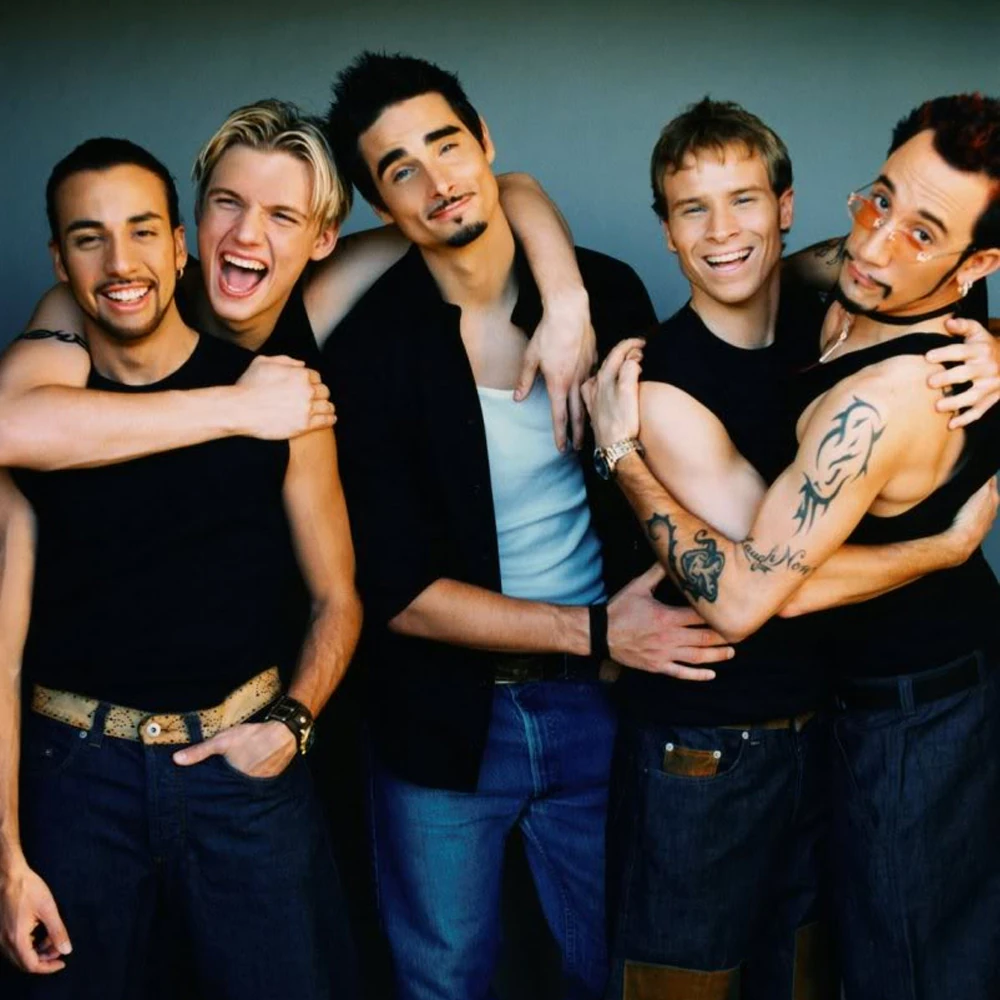Growing up in India during the 90s was an exciting time, as the nation underwent a period of significant transformation, thanks to economic liberalization. As a young music enthusiast, I witnessed the impact of these changes on the Indian music scene, with the growing democratization of commodities making ‘English’ music more accessible to the masses. This newfound accessibility introduced me, like many others in India, to the Backstreet Boys, and my love for their music is a testament to the impact of liberalization on the country’s music landscape.
1. The Winds of Change: India’s Liberalization Journey
In 1991, India embarked on a path of economic liberalization, transitioning from a closed, state-controlled economy to a more open and market-driven one. I remember how this shift paved the way for foreign investments, imported goods, and a plethora of new opportunities. For me, one of the most significant changes during this period was the growing accessibility to global commodities, including music. The barriers that once confined ‘English’ music to a select few were breaking down, allowing me to explore various international music genres.
2. The Democratization of Music: Embracing the Global Tune
As India moved towards liberalization, the music landscape began to change. Imported CDs, cassettes, and music magazines became more readily available in local stores, making it easier for me to explore my passion for international music. I also remember the rapid growth of cable television networks, such as MTV and Channel V, allowing me to enjoy international music videos in the comfort of my home. The airwaves, too, began to include a mix of Indian and international music, exposing me to a diverse range of genres and artists.
3. Meeting the Backstreet Boys: A Love Affair Begins
During the mid-90s, I discovered the Backstreet Boys, a boy band that took the world by storm with their catchy pop tunes, synchronized dance moves, and undeniable charm. As their music made its way into Indian homes through television and radio, I found myself drawn to their infectious melodies, relatable lyrics, and energetic performances. Songs like “I Want It That Way,” “Quit Playing Games (With My Heart),” and “As Long As You Love Me” quickly became anthems for me and my friends, as we eagerly embraced global culture.
4. The Influence of the Backstreet Boys on My Musical Tastes
The Backstreet Boys’ popularity in India had a significant impact on my musical preferences. Their music inspired me to explore other international artists, expanding my musical horizons. I also developed a deeper appreciation for the fusion of Western pop elements with traditional Indian music, as the Indian music industry began to experiment with new sounds in the wake of the boy band’s success. This exploration led me to discover the Indipop genre, which gained momentum in the late 90s.
5. A Lasting Legacy: The Backstreet Boys’ Impact on India’s Musical Landscape
As I look back on my musical journey during India’s liberalization period, I’m reminded of the lasting impact the Backstreet Boys had on the nation’s music scene. Their success in India played a significant role in paving the way for other international artists to make inroads into the country, ultimately enriching the nation’s musical palate. Today, as digital platforms like Spotify, Apple Music, and YouTube provide listeners with access to an even more extensive range of international music, I’m grateful for the spirit of exploration and embracing global tunes that began during my formative years in the 90s.
My experience growing up in India during the 90s, amidst a rapidly changing music landscape, is a testament to the power of music to transcend borders, unite people, and create lasting memories. The Backstreet Boys, in particular, played a significant role in shaping my musical tastes and fostering a love for international music. As a result of India’s liberalization journey, I was exposed to a diverse range of genres and artists, which ultimately broadened my musical horizons.
Looking back on those days, I’m filled with nostalgia for the times spent with friends, singing along to our favorite Backstreet Boys tracks, and eagerly awaiting their latest music videos on television. The excitement and anticipation of attending their concerts or catching a glimpse of them in magazines are memories I will cherish forever.
The impact of the Backstreet Boys on India’s musical landscape and my personal experiences serves as a reminder of the transformative power of music. It has the ability to connect people from different backgrounds and cultures, fostering a sense of unity and shared experiences. For me, the Backstreet Boys will always be a symbol of the remarkable period of change that India underwent during the 90s and the unforgettable memories it created.
Also Read: Revolutionizing Music Marketing: Spotify’s New Video Formats and Tools for Artists
As I continue to explore new music and engage with a diverse range of artists from around the world, I’ll always remember the impact that the Backstreet Boys and India’s liberalization had on shaping my musical journey. Their legacy lives on, not just in the Indian music scene, but also in the hearts and minds of those who grew up with their music during that pivotal time in India’s history.
















